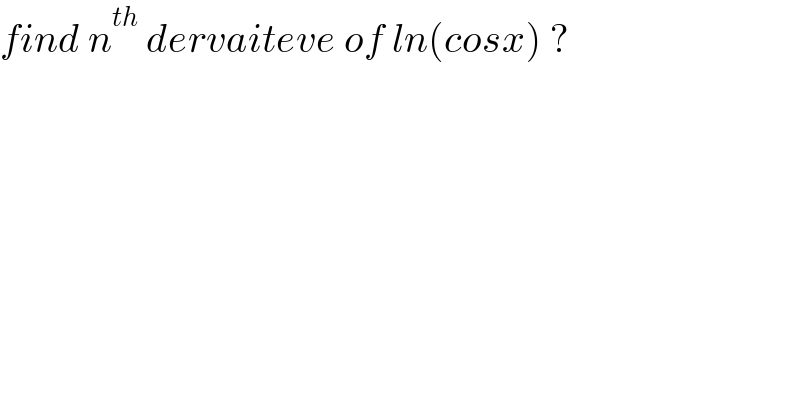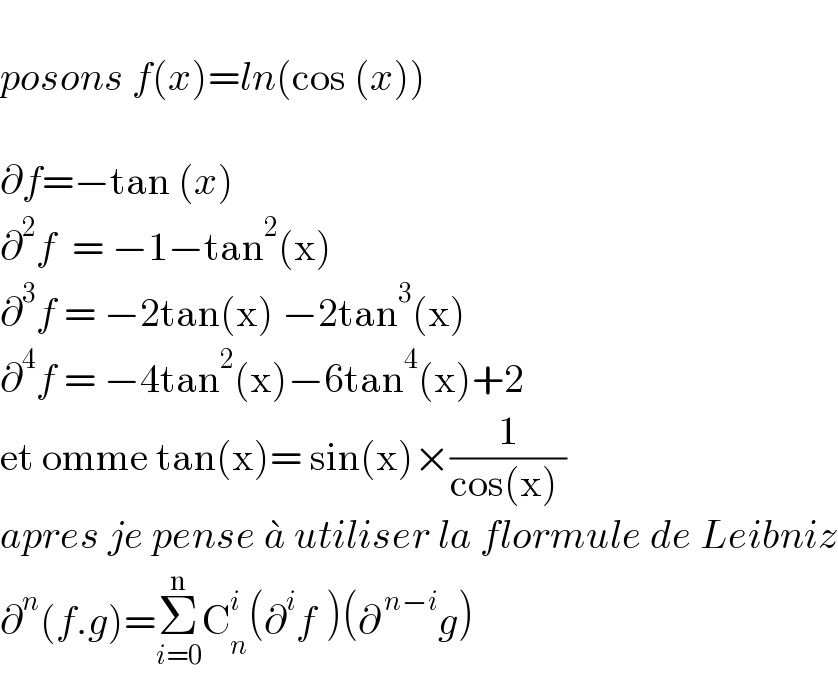
Question and Answers Forum
Question Number 167357 by mkam last updated on 13/Mar/22

Answered by Coronavirus last updated on 16/Mar/22

| ||
Question and Answers Forum | ||
Question Number 167357 by mkam last updated on 13/Mar/22 | ||
 | ||
Answered by Coronavirus last updated on 16/Mar/22 | ||
 | ||
| ||